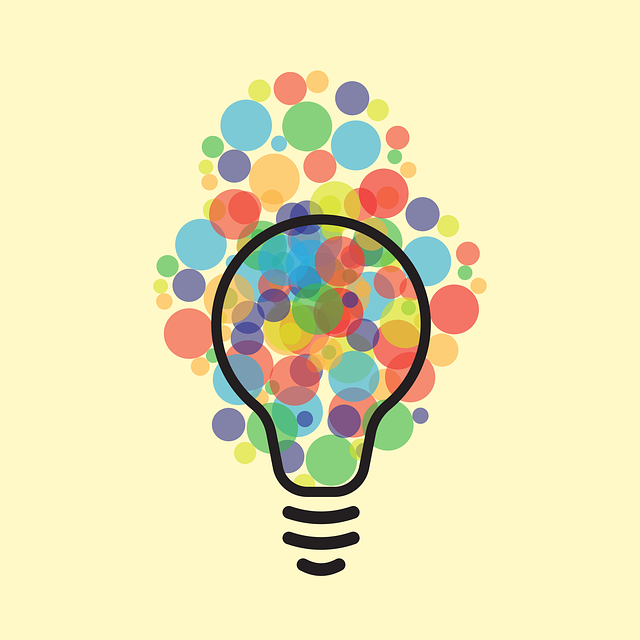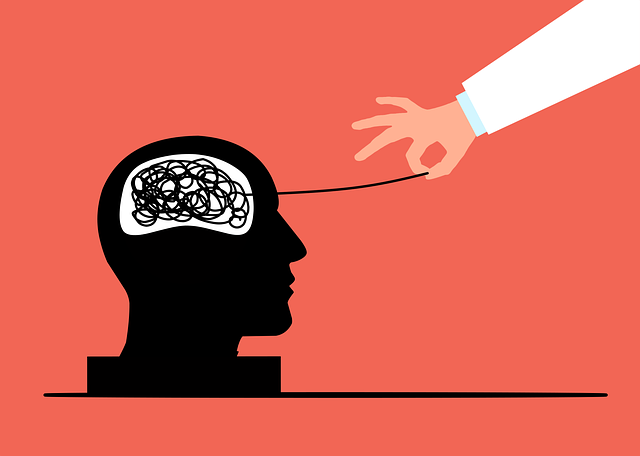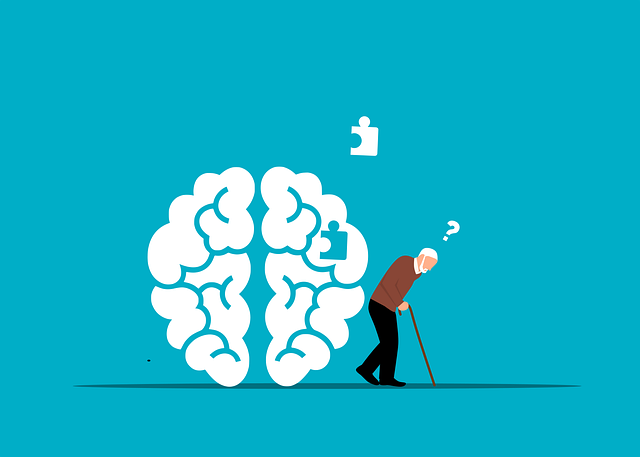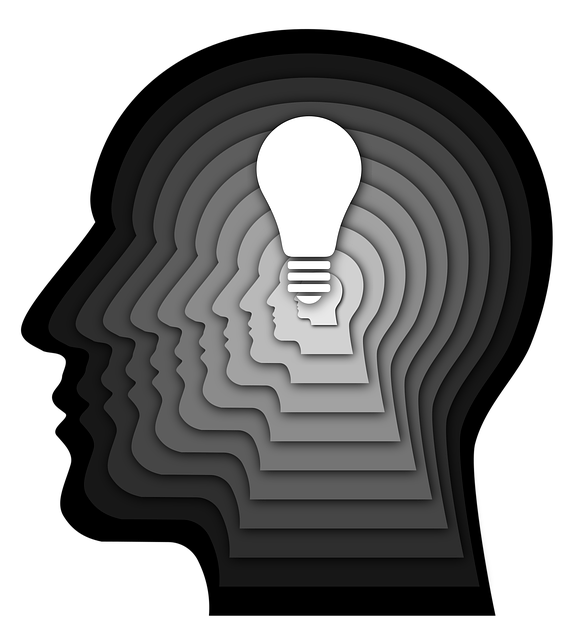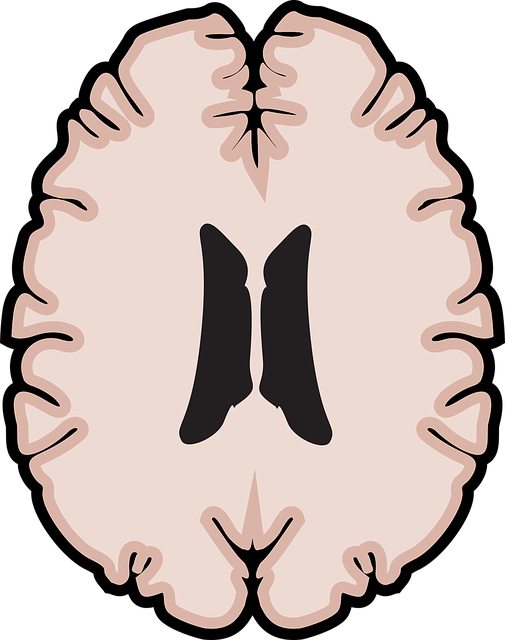The mental health of older adults faces unique challenges, including codependency from long-term caregiving, leading to isolation and emotional exhaustion. To address these issues, tailored mental wellness apps are crucial. These apps should offer personalized coping skills development, daily check-ins, mood tracking, trauma support, self-care tools, mindfulness exercises, and confidence-boosting activities. Incorporating features like guided meditations, memory games, and virtual communities creates an engaging, non-stigmatizing environment encouraging regular use. Gamified activities, adaptive learning paths, and customizable interfaces promote user engagement and persistence. Privacy, ethics, and accessibility are vital for creating safe spaces, with developers adhering to regulations like GDPR and HIPAA while offering inclusive, evidence-based content tailored to diverse demographics, particularly focusing on therapy for elders dealing with codependency.
“The digital age presents a unique opportunity to improve mental wellness among the elderly, many of whom struggle with codependency issues. This article explores the development of mental health apps tailored to senior citizens, focusing on addressing codependency. We delve into the understanding of elderly mental health challenges and analyze key features for effective therapy apps. Additionally, we discuss strategies to enhance user engagement through interactive elements while emphasizing privacy, ethics, and accessibility as foundational aspects of a successful app experience.”
- Understanding Elderly Mental Health and Codependency: Unveiling the Challenges
- Designing Effective Therapy Apps for Seniors: Key Features and Functionality
- Incorporating Interactive and Personalized Elements: Enhancing User Engagement
- Privacy, Ethics, and Accessibility: Ensuring a Safe and Inclusive App Experience
Understanding Elderly Mental Health and Codependency: Unveiling the Challenges

The mental health landscape for older adults presents unique challenges that often go overlooked. As our population ages, it’s crucial to understand the specific needs and barriers to care within this demographic. Many elderly individuals face stigma, isolation, and limited access to specialized mental health services, making it harder for them to seek help. Codependency, a complex issue frequently associated with aging, adds another layer of complexity. This interdependent relationship dynamic can stem from long-term caregiving roles, leading to emotional exhaustion and burnout if not addressed through therapy for elders codependency.
Promoting self-care practices, resilience building, and burnout prevention is vital for this population. By integrating these strategies within mental wellness app development, we can create supportive tools tailored to the specific needs of older adults. Such apps have the potential to encourage regular check-ins, provide accessible therapy options, and offer a safe space for seniors to express their feelings, thereby fostering better mental wellness and addressing the unique challenges they face, including codependency issues.
Designing Effective Therapy Apps for Seniors: Key Features and Functionality

When designing therapy apps aimed at seniors, it’s crucial to understand and cater to their unique needs and challenges. Many older adults struggle with codependency issues stemming from a lifetime of caring for others, which can lead to feelings of isolation and decreased mental wellness. Effective apps should offer personalized coping skills development strategies tailored to these specific concerns. Features like daily check-ins, mood tracking, and access to trauma support services can be invaluable.
Additionally, incorporating tools that promote self-care, mindfulness, and confidence boosting exercises can significantly enhance the app’s utility. These might include guided meditations, memory games for cognitive stimulation, or virtual communities where users can share experiences and connect with peers. The key lies in creating an engaging, non-stigmatizing environment that encourages regular use, fostering a sense of belonging and empowering seniors on their journey towards improved mental health.
Incorporating Interactive and Personalized Elements: Enhancing User Engagement

Incorporating interactive and personalized elements is key to enhancing user engagement in mental wellness apps, especially when targeting specific demographics like elders grappling with codependency issues. By offering tailored therapy sessions that cater to individual needs and preferences, these apps can foster deeper connections and encourage consistent use. For instance, integrating gamified activities or adaptive learning paths based on user progress allows for a more immersive experience, making therapy for elders more accessible and appealing.
Personalization goes beyond content; it extends to the app’s interface and feedback mechanisms. Customizable settings, intuitive navigation, and real-time feedback loops help users feel heard and supported. This is crucial in preventing burnout, as users are more likely to persist with a tool that feels designed specifically for them, promoting Mind Over Matter principles and fostering a holistic approach to Mental Wellness.
Privacy, Ethics, and Accessibility: Ensuring a Safe and Inclusive App Experience

In the realm of mental wellness app development, privacy, ethics, and accessibility are paramount to fostering a safe and inclusive environment for users. As more individuals turn to digital platforms for therapy, ensuring data security becomes crucial, especially when dealing with sensitive information related to codependency or elder care. Developers must adhere to stringent privacy regulations, such as GDPR or HIPAA, to protect user data from unauthorized access or breaches.
Ethical considerations extend beyond privacy to include promoting positive thinking and stress reduction methods that resonate across diverse cultural backgrounds. Healthcare provider cultural competency training can guide app development to avoid stereotypes and ensure inclusive content. By integrating evidence-based practices and tailoring them to various demographics, mental wellness apps can effectively cater to a broader user base, including elders grappling with codependency issues.
The development of mental wellness apps tailored to address the unique challenges of elderly codependency is a promising step towards enhancing therapy accessibility. By incorporating personalized features, interactive elements, and ethical design considerations, we can create tools that engage and support seniors effectively. With further research and user-centric approaches, these apps have the potential to revolutionize mental health care for this demographic, offering much-needed support and improved quality of life.
